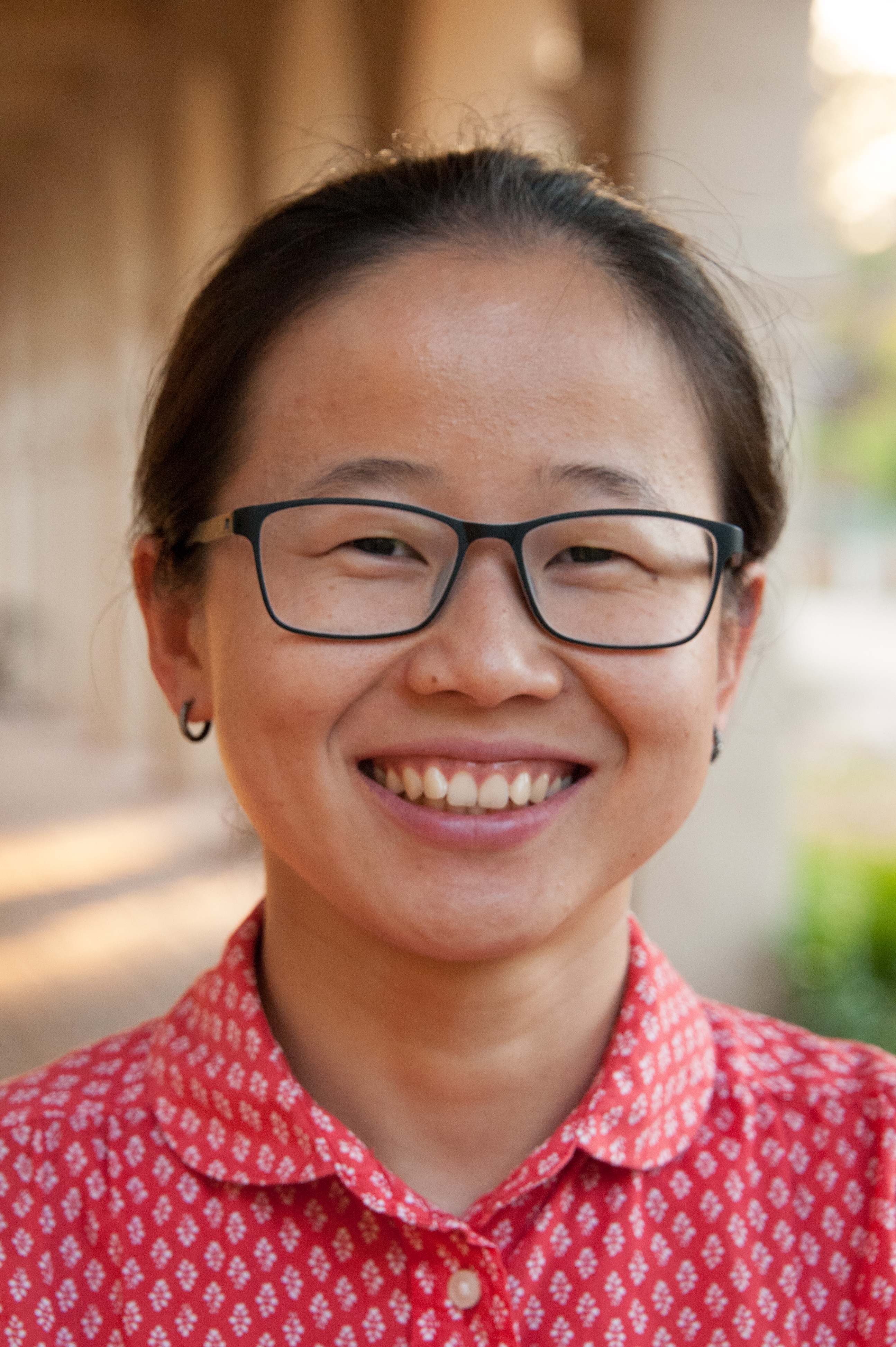Wanying (Kate) Huang
Hi, and welcome! I am an Assistant Professor of Economics (Senior Lecturer in Australia) at Monash University. My research interests are in microeconomic theory, with a focus on information, social learning, and its applications.
I completed my Bachelor of Economics (Honours) from the University of Queensland. In 2024, I received my Ph.D. in Social Science (Economics) from the California Institute of Technology, advised by Omer Tamuz.You can reach me at kate.huang@monash.edu or visit me at Room 334, Building 6, Clayton Campus (map).

Working papers
- "Learning about Informativeness"
- "The Emergence of Fads in a Changing World"
- "Social Learning in Lung Transplant Decision" with Laura Doval, Federico Echenique and Yi Xin
Publications
- "Learning in Repeated Interactions on Networks" with Philipp Strack and Omer Tamuz
Teaching
Instructor at Monash
- ECC3000 -- Advanced Microeconomics, Semester 1 2025 (Undergraduate)
Teaching Assistant at Caltech
- Economics/Computer Science (EC/CS 149) -- Algorithmic Economics
- Mathematics (Ma 3/103) -- Introduction to Probability and Statistics
- Economics (EC 11) -- Introduction to Economics
- Economics (EC 105) -- Firms, Competition, and Industrial Organization